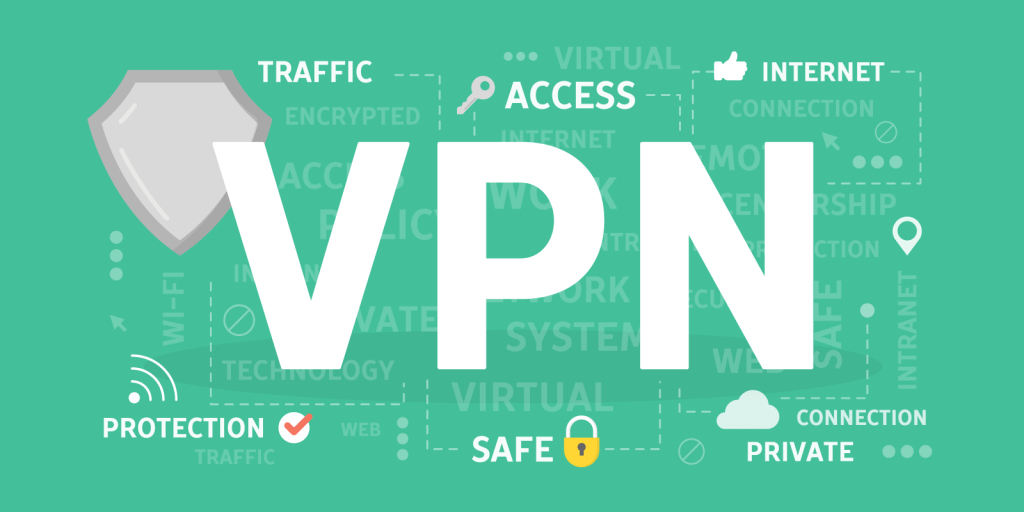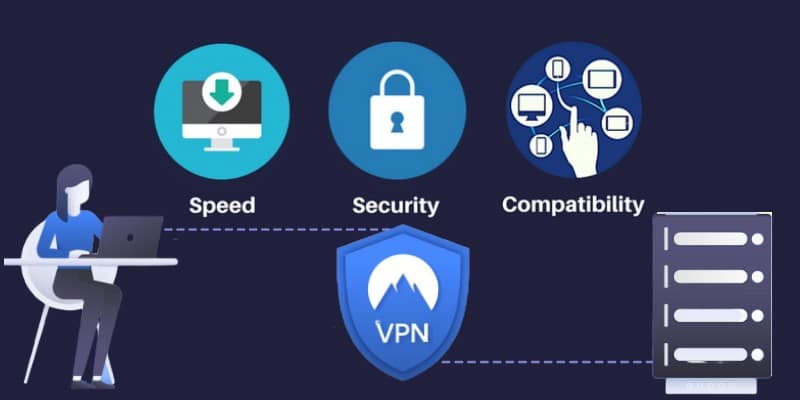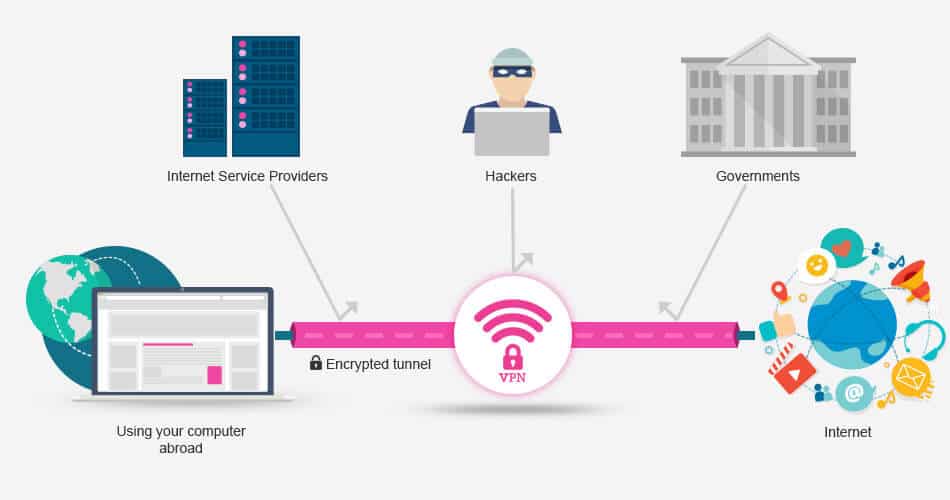This is why individuals need to be able to know how to protect themselves while browsing online; especially if they plan on making purchases or electronic transfers. One of the best ways to thwart would-be hackers is to use a system known as a virtual private network (VPN). How can you make the best choice when selecting a specific service and what applications can be used in conjunction with virtual private networks? These are some relevant questions and if you are somewhat unfamiliar with such options, it is a good idea to take a closer look.
Virtual Private Networks Defined: Their Uses and Benefits
Virtual private networks have actually existed for well over a decade; first emerging in the late 1990s as security threats become more prevalent. The main intention of a virtual private network is to mask your IP address. This essentially renders you anonymous while browsing online. Why is such as service often useful?
One of the main reasons why one would wish to block his or her IP address arises from the fact that hackers and similar nefarious organizations can use this address to track a specific individual. On occasion, this may enable them to access critical details such as email addresses, login passwords, and even financial data. A VPN “cloaks” your online presence so that you can enjoy a greater degree of anonymity. However, there are other advantages directly associated with this type of online browsing method. Certain websites (such as those involved with streaming films and gaming) will often be blocked in certain countries around the world. Assuming that you attempt to log in from your location, the site will prevent you from entering. A Virtual Private Network provides you with hundreds of different servers from around the world. If you click on a specific location, your IP address will be rerouted so that the original is hidden from third-party websites. This is a great way to stream films and to enjoy online games such as poker and blackjack. Performance is another issue to take into account. Some parts of the world are known for relatively slow Internet connection speeds. This is often the case if you happen to live within a large metropolitan area, as transmissions can become clogged when many users are accessing the online community at the same time. A VPN could very well enable you to boost your connectivity; preventing annoying problems such as buffering or slow page load times.
Advertising is a concern that can also be addressed through the use of a dedicated virtual private network. Many websites will collect tiny bits of data known as cookies. These cookies will often contain information such as your general location and previous search history. The main intention is to provide you with more targeted and relevant advertisements. However, some feel that this constitutes to an invasion of privacy. A virtual private network hides your location and details from third-party agencies, so annoying ads can be kept to a minimum. A final advantage that is attributed to virtual private networks involves file sharing. There can be times when you may wish to send or receive large amounts of information. Of course, the risks of this data being hacked or receiving malware within the transmission itself always exist. Virtual private networks will dramatically reduce these instances while still enabling you to send and receive fully intact files.
How to Choose the Best Virtual Private Network for Your Needs
Now that we have highlighted some of the most impressive benefits associated with Virtual Private Networks, how can you make an informed decision? The first main concern involves the intention of the service in question. For example, you might wish to listen to freelance writing podcasts (click here to read about some of the most popular) without worrying about anyone else knowing your location. You might instead be interested in downloading region-specific films from an online sharing portal. In either of these cases, it is best to choose a VPN that is able to guarantee fast connections and little downtime.
Another concern involves what is known as “latency”. In this sense, latency is defined as the time required to send a packet of information between two different locations. Latency is normally measured in milliseconds. It only stands to reason that a server located thousands of miles away will take longer to send and receive information due to the sheer distances involved. This could prove to be problematic if you wish to avoid delays and page freezes. When possible, try to choose a VPN server found within relatively close proximity to your location. The number of servers should come into play when examining a specific provider. Those with a larger number of possible connections are generally more reliable, as you will be able to enjoy a greater degree of flexibility. This is also one of the hallmarks of a trusted and well-recognized firm. A final metric that should always be analyzed involves the types of customer service options that you are provided within the event that an issue or problem arises. Most of the best VPN websites will supply a dedicated telephone number, and email address and live chat support in the form of a widget. It is likewise a good idea to take a look online and see what others have had to say about their personal experiences. Stay away from sites associated with a sizeable amount of negative feedback.
Conclusion
We can now understand why virtual private networks have become so very popular in these modern times. As online security threats continue to evolve at a frenetic pace, there is no doubt that VPNs will come in handy well into the future.



